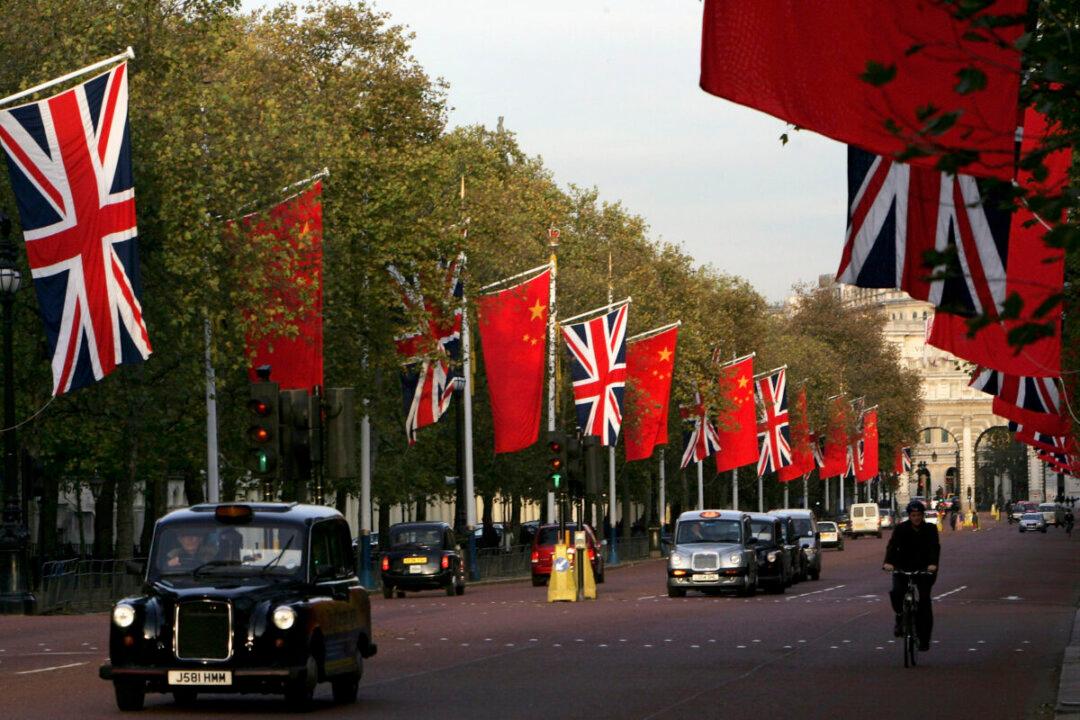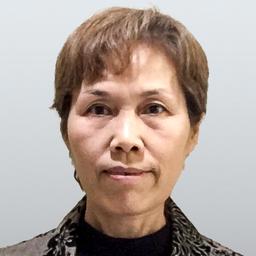One of Britain’s largest Chinese business funded real estate projects recently confirmed its breach of contract, sparking a wave of civil investigations into the infiltration of the Chinese Communist Party (CCP) into British political and business circles, with a Chinese-born member of the House of Lords suspected of being involved in a major project tender.
On July 31, Lord Wei of Shoreditch, Nathanael Ming-yin Wei, announced in a statement that he had resigned as chairman of the Welcoming Committee for Hong Kongers after receiving this allegation.





